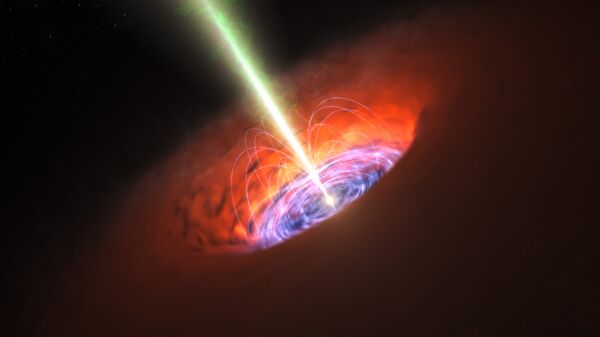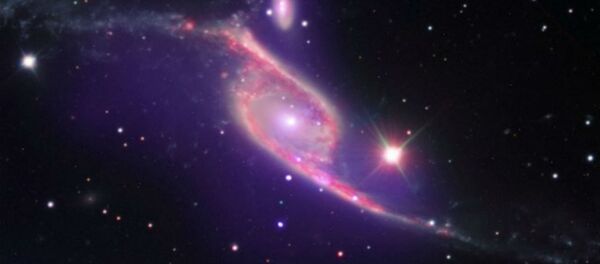A US astrophysicist has denounced Nobel prize co-winner Sir Roger Penrose's claim that at least one other universe existed before the Big Bang as "illegitimate".
Professor Penrose's conformal cyclic cosmology theory posits that the universe can, and has, been born and died many times over - as opposed to the currently-accepted idea that the universe will continue expanding forever.
But former Lewis and Clarke University professor and writer for Science magazine Ethan dismissed that idea in an article for Forbes magazine on Thursday.
"There are no bruises on our Universe; no repeating patterns; no concentric circles of irregular fluctuations; no Hawking points," Siegel wrote. "When one analyses the data properly, it is overwhelmingly clear that inflation is consistent with the data, and the CCC is quite clearly not."
Siegel went as far as to question Penrose's scientific integrity, accusing him of "unsound and illegitimate" analysis.
"The predictions that he’s made are refuted by the data, and his claims to see these effects are only reproducible if one analyses the data in a scientifically unsound and illegitimate fashion," he wrote.
"Our Big Bang began with something which was the remote future of a previous aeon and there would have been similar black holes evaporating away, via Hawking evaporation," he told The Daily Telegraph this week.
"We are seeing them. These points are about eight times the diameter of the Moon and are slightly warmed up regions. There is pretty good evidence for at least six of these points."
Hawking spots are named after the late Professor Stephen Hawking, who theorised that black holes - so-called because not even light can escape their enormous gravity - leak radiation and slowly diminish to nothing.
"The Big Bang was not the beginning. There was something before the Big Bang and that something is what we will have in our future," Penrose said.
"We have a universe that expands and expands, and all mass decays away, and in this crazy theory of mine, that remote future becomes the Big Bang of another aeon."




